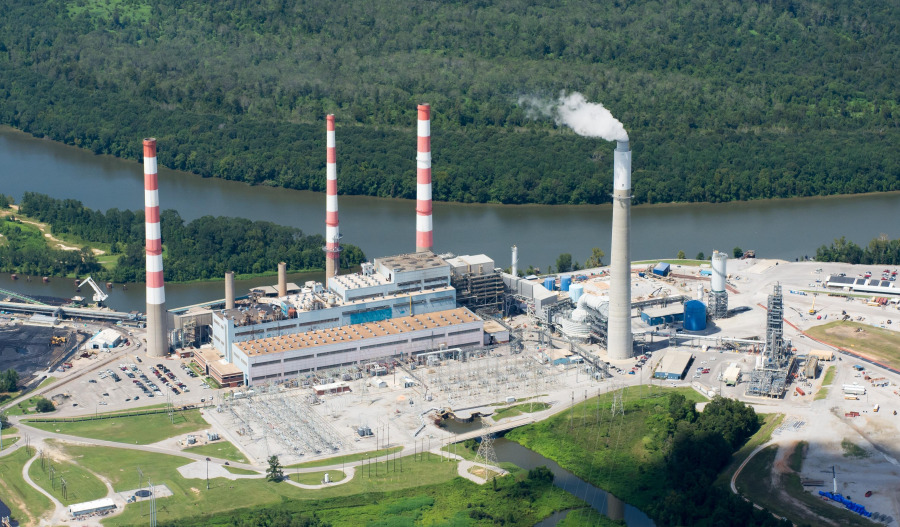Oil prices advanced during Asian trade on Thursday, lifted by renewed optimism surrounding United States trade negotiations and a sharper-than-expected drawdown in American crude inventories, supporting expectations for a more balanced global oil market.
At 3:30 pm AEST (5:30 am GMT) Brent crude futures were up 28 cents or 0.4%, to US$68.79 per barrel, while U.S. West Texas Intermediate (WTI) crude rose 31 cents or 0.5% to $65.56 per barrel.
The gains follow muted price action on Wednesday as markets monitor progress in trade discussions between the United States and the European Union, just days after President Donald Trump finalised a tariff agreement with Japan.
The deal removed the threat of new levies on Japanese auto exports in exchange for a US$550 billion investment and lending commitment from Tokyo.
ANZ analysts commented in a note to clients: "News emerged that the two sides were working towards a deal that would set a 15% tariff on most goods, similar to the U.S. pact with Japan. Bessent said he’ll discuss a potential extension of the trade truce with China during talks in Stockholm next week.
"The prospect of a trade deal triggered a risk-on tone and boosted sentiment across commodity markets."
Two E.U. diplomats confirmed Wednesday that talks were progressing toward a framework that could include a 15% U.S. baseline tariff on EU imports, along with potential exemptions. If successful, it would mark another milestone agreement following the recent U.S.-Japan accord.
Oil was further supported by bullish inventory data from the U.S. Energy Information Administration (EIA), which reported a weekly crude stockpile decline of 3.2 million barrels, nearly doubling expectations for a 1.6 million-barrel draw.
Gasoline stocks also dropped by 1.7 million barrels to 231.1 million barrels, significantly outpacing forecasts of a 900,000-barrel decline.
However, distillate inventories - including diesel and heating oil - rose by 2.9 million barrels to 109.9 million barrels, though levels remain near their lowest seasonal point since 1996.
"This suggests demand over the northern hemisphere summer has been relatively strong," ANZ noted.
Beyond trade and inventory data, geopolitical risk remains an undercurrent in the oil market.
Peace talks between Russia and Ukraine resumed in Istanbul on Wednesday, with discussions focusing on prisoner swaps. However, no progress was made on core issues such as a ceasefire or a potential summit between the two countries' leaders.
Separately, oil flows from Kazakhstan faced fresh disruptions as foreign tankers were temporarily blocked from loading at Russia’s key Black Sea ports under new regulatory measures.



